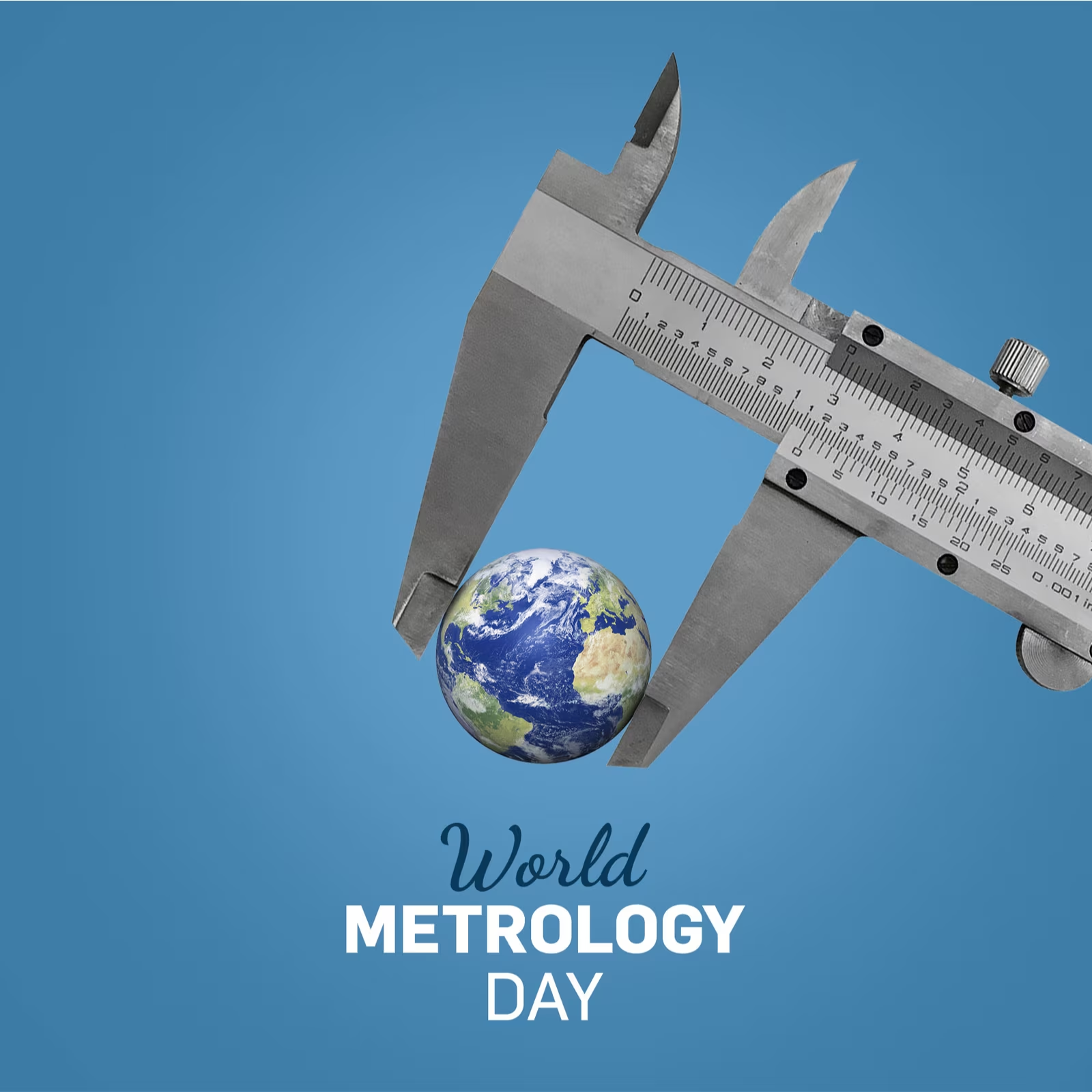Zimbabwe marks World Metrology Day
ZIMBABWE joined the rest of the world this week in commemorating the World Metrology Day with a call to enhance competitiveness of local products through embracing international equivalence and reliability of measurement.
World Metrology Day is commemorated every year on 20 May to mark the inaugural signing of the Metre Convention of May 20, 1875 by representatives of 17 nations. The convention set the framework for global collaboration in the science of measurement (metrology) and in its industrial, commercial and societal applications.
The framework provides the basis for a coherent measurement system worldwide that underpins scientific discovery and innovation, industrial manufacturing and international trade, as well as the improvement of the quality of life and the protection of the global environment.
In a joint statement, the Ministry of Industry and Commerce and the Scientific and Industrial Research and Development Centre (SIRDC) said the original aim of the Metre Convention was to foster world-wide uniformity of measurement, which is still important today.
This year’s theme is: “Measurements for Sustainability”.
“By ensuring accurate measurements across various aspects of sustainability, it helps organisations, governments and individuals to make informed choices that contribute to a more sustainable future,” reads the statement.
“Across the world, international metrology institutions such as the International Organisation for Legal Metrology (OIML) and the International Bureau of Weights and Measures (BIPM) continually advance measurement science by developing and validating new measurement techniques.”
Locally, metrology institutes such as the Scientific and Industrial Research and Development Centre-National Metrology Institute of Zimbabwe (SIRDC-NMI), participate in activities such as laboratory inter-comparisons co-ordinated by BIPM to ensure international equivalence of measurements and the reliability of measurement results worldwide.
This helps global competitiveness of local products and services on the international markets, as well as being pivotal in production, innovation, science and technology, health, environmental protection and trade.
The OIML develops international recommendations, which aligns and harmonises legal metrology requirements worldwide as a way to protect the consumers and provide for public safety.
Accordingly, metrology plays a central role in scientific discovery and innovation, industrial manufacturing and international trade, improving the quality of life and in protecting the global environment.
In Zimbabwe, this mandate is carried out by SIRDC-NMI and Trade Measures under the Ministry of Industry and Commerce.
The Trade Measures Department in the Ministry of Industry and Commerce plays a pivotal role in the regulation of all measurement practices related to trade performing inspections and verifications at point-of-sale countrywide.
While SIRDC-NMI benchmarks all national measurements to the International System of Units through traceable calibration services throughout the country, all sectors of the economy rely on good practice of measurement.
“Good measuring practices enhance the quality of goods and services, as well as save the country resources. Trade Measures and SIRDC-NMI assist the country in realising value addition, one of the priority areas of the National Development Strategy 1,” said the ministry. — chroncile











